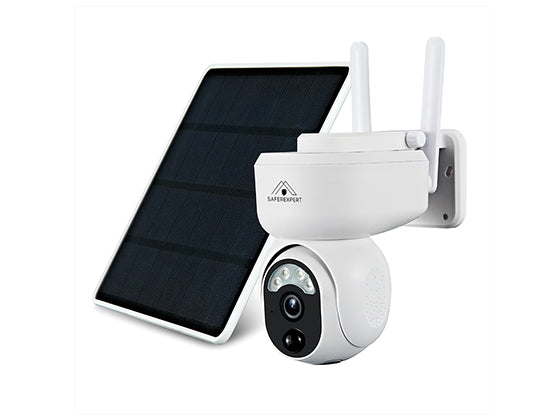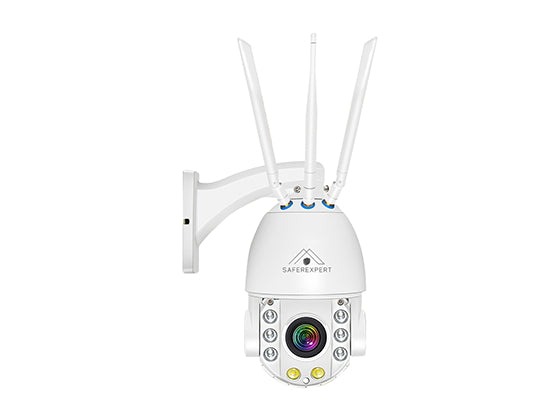Equip your home with smoke alarms and carbon monoxide alarms, which can help you gain precious seconds in a home fire.

If your home have a fire, smoke alarms can cut nearly in half your familys risk of dying in a fire. The smoke moves upward and reaches under the ceiling. The smoke detector detects the fire through the smoke. When you don't see the flames or smell the smoke, the smoke sensor already knows it.
- If you have not installed a smoke alarm, at least install it on every floor of your home and outside every sleeping area. If a fire occurs inside a bedroom, dangerous gases can cause heavier sleep. For the best protection, install interconnected smoke alarms in each bedroom and throughout the home. When one sounds, they all sound.
- Use a vacuum cleaner to remove the spider webs and dust on the smoke alarm to prevent false alarms
- Use the test button to test your smoke alarms at least monthly. Replace the batteries at least once a year.
- Replace the smoke alarms every 10 years.
Install a carbon monoxide alarm to remind your family members of this invisible, odorless, and colorless gas before it is too late. Carbon monoxide is produced when fuels (such as gasoline, wood, coal, natural gas, propane, petroleum, and methane) burn incompletely. If carbon monoxide is inhaled for a long time, even a small amount of carbon monoxide can poison or kill a person-for example, overnight while sleeping.
- Install carbon monoxide alarms in the center of each floor of your home and outdoor sleeping areas.
- If the carbon monoxide alarm sounds, move quickly to a place with fresh outdoor air or an open window or door.
- Never use generators, grills, camping stoves, or other gasoline, propane, natural gas, or charcoal burning equipment in your home, garage, basement, crawl space, or any partially enclosed area.
Saferexpert provides a variety of smoke & carbon monoxide alarms, stable, durable, easy to install and easy to maintain. In addition smart alarm even pushes alarm information to your mobile phone when you are not at home, you can call the security camera at home to check the real-time situation. This will not only allow people to detect and control the fire in time, but also minimize your losses.
Othe ways to Prepare for a Home Fire
- Teach the children what the alarm sounds and take the correct measures.
- Make sure that all family members know how to escape from every room in the house and know where the family meets outside the house.
- Develop a family emergency communication plan and make sure that all family members know who to contact when they cannot find each other.
- Practice escaping from your home at least twice a year. Press the smoke alarm test button or shout "Fire" to remind everyone that they must get out.
- Make sure everyone knows how to dial 9-1-1.
- Teach household members to STOP, DROP and ROLL if their clothes should catch on fire.






